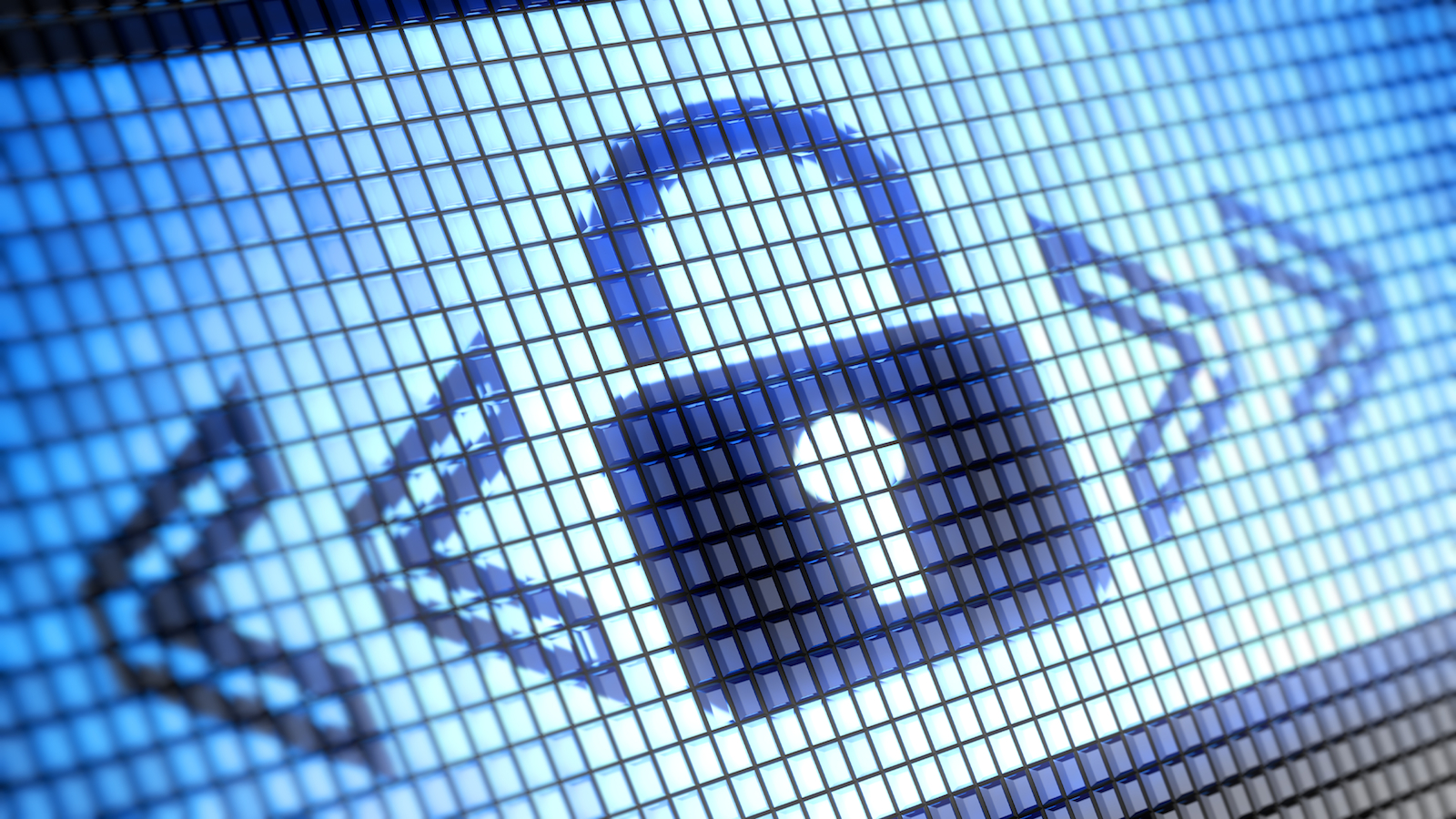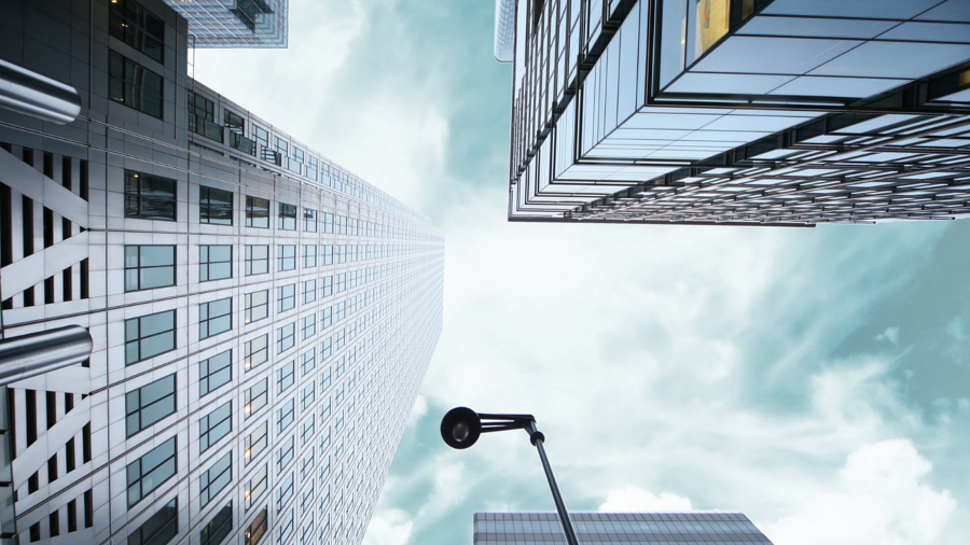Here are the 10 sectors that blockchain will disrupt forever
From the obvious like banking, to the not-so-obvious…

Cryptocurrency, once strictly the domain of techies, has grabbed mainstream attention due to the skyrocketing values of the likes of Bitcoin and Ethereum, two of the more popular virtual currencies.
At the heart of these digital currencies is the technology of the blockchain, which dates back to 2008. This is distributed ledger tech that provides a decentralized and transparent method for transactions, while maintaining a high level of security.
To date, the most successful application of the blockchain has been in cryptocurrency. However, this same technology will certainly make itself felt across a variety of other sectors – which should brace themselves for the impending disruption. In this article, we’re highlighting 10 such arenas that will certainly feel the impact of the blockchain…
- Check out how Microsoft is making a blockchain that’s fit for business
1. Voting
A limitation to modern elections is that they require the voter to be physically present at the polling booth to cast their vote, which can often make things awkward in terms of finding the time to travel – and makes little sense in our mobile, connected society. Another bone of contention is the possibility of voter fraud, with losing candidates potentially engaging in legal battles which can delay the result, and even cost the taxpayer when it comes to conducting a recount.
The application of blockchain technology could eliminate voter fraud, providing a clear record of the votes cast, and preventing any chance of a rigged election. Furthermore, this could all be done on a mobile platform, allowing busy individuals the opportunity to cast their vote without going to a polling station. Follow My Vote promises an ‘online voting solution for the modern age’ via blockchain technology.

2. Healthcare
While healthcare has mostly moved on from paper-based records, it’s still an industry which is ripe for modernization via the blockchain. Current challenges in this sector include keeping patient records private from hackers, while allowing authorized access by providers.
Applying blockchain technology to healthcare records promises improved data security, with better access for healthcare professionals and patients alike, and greater transparency for healthcare transactions. Gem has partnered with healthcare tech firm Philips in this space.
Sign up to the TechRadar Pro newsletter to get all the top news, opinion, features and guidance your business needs to succeed!
3. Photography
Photographers can face challenges when it comes to getting paid royalties for their snaps, especially in our digital world where image theft is often just a click away.
With that in mind, at the recent CES show in Las Vegas, Kodak revealed its new digital currency, KODAKCoin, which is backed by a blockchain ledger and image rights platform called KODAKOne. Kodak hopes that the new virtual currency will help protect digital image rights for photographers, allowing them to securely register their work.

4. Internet of Things (IoT)
The IoT promises an ever-growing number of online devices to monitor and contribute to our connected lifestyle. But a significant barrier to the adoption of various smart gadgets is the walled ecosystems which some manufacturers insist upon, locking out devices from other vendors, and generally making things harder for the consumer looking to use a variety of different bits of hardware.
In 2015, IBM and Samsung showed off an application of the blockchain known as ADEPT (Autonomous Decentralized Peer-to-Peer Telemetry), which is designed to decentralize the IoT, and allow devices to communicate directly, without a manufacturer’s hub getting in the way and trying to lock users into a particular ecosystem.

5. Cloud storage
Storing data in the cloud has become an increasingly popular and convenient practice, although it still has potential problems – like downtime and losing access to your data temporarily, or more seriously, the cloud service being hacked.
Storj is a company that’s using the blockchain for open source cloud storage. Users are connected via blockchain and peer-to-peer technology, with a distributed network to store their data on. Folks with spare storage can also rent it out for income via the Storj app, as the storage space is crowd-sourced.
6. Public records
Our governments are entrusted to store a wide variety of information about individual citizens, including a lot of sensitive material such as financial data on tax returns or property records. Much of this information still exists only in paper form, or in siloed databases, and managing this data can be complicated, as it must be available, without error, and protected from hacking and manipulation.
The use of the blockchain represents an innovative solution to encode this data in a digital ledger, keeping the info safe from being altered. In the US, Delaware-based Ubitquity has the first blockchain-based system (currently in alpha) for property record management including titles, which is in testing overseas at the Land Records Bureau in Brazil.

7. Banking
Financial institutions continue to face challenges with identity theft, cost efficiency of transactions, and just general security. The blockchain will certainly digitally disrupt this industry, and holds the potential key to faster transactions, at less cost, and with a higher degree of security. IBM has partnered with Axoni and R3 to develop and deploy distributed ledger technology to the financial industry.

8. Car leasing
Leasing a car can end up being a protracted process, with multiple parties involved in the transaction, all needing to verify information before the car rolls off the lot. DocuSign, which specializes in secure digital documents, has partnered with credit card giant Visa to apply blockchain technology to Smart Contracts that promise a streamlined ‘click, sign and drive’ approach to securely leasing a vehicle. Now if only they could reduce the price of those floor mats...
9. Music rights
Soon after music went digital with MP3 files, music piracy was close behind, with artists losing control of their work, and record companies unhappy over the lost revenue stream.
The entertainment industry is looking to blockchain technology to secure digital rights for music and other media, with the potential to recapture that income. The British company JAAK has grabbed attention with its effort to create Smart Content with a “global view of content ownership and rights”.

10. Worker credentials
When companies hire an individual for a job, they want to get the best qualified person with the most appropriate experience levels. Unfortunately, it can be difficult to discern the truth behind the average resume or CV, as more than half of folks reportedly lie on their job applications – and indeed one study showed that a quarter of applicants said they’d worked for companies which in fact had never employed them.
This problem also arises at universities that need to verify the credentials of their faculty, and at hospitals that face a similar challenge when it comes to staff physicians and other healthcare professionals.
The Learning Machine is a company that hopes to change this. By applying blockchain technology, worker and professional credentials can be verified and kept in a secure digital ledger, which cannot be altered down the road to fit another position the applicant is subsequently interested in. The firm promises inherent fraud protection which could make choosing the right person for a job a good deal easier.
Jonas P. DeMuro is a freelance reviewer covering wireless networking hardware.